Introductory Psychology, Psych B105
How do we grow and how do we think? How do we conceptualize ideas such as human emotion and consciousness? Are our decisions influenced by stereotypes? Why do we sleep? What is that mushy cauliflower organ inside our skulls and what does it do all day and night? What is mental illness? How can I be happy? These are the kind of questions that have inspired and stumped humanity for centuries. If you are curious about human behavior then you have come to the right place!  Together we will journey through the major areas in psychology to learn how psychologists have investigated questions about human (and some animal) behavior and gain knowledge on the obvious, surprising, and yet-to-be-determined findings. Most importantly, we will grow to understand psychology as a science via hands-on laboratory learning and didactic statistical training.
Together we will journey through the major areas in psychology to learn how psychologists have investigated questions about human (and some animal) behavior and gain knowledge on the obvious, surprising, and yet-to-be-determined findings. Most importantly, we will grow to understand psychology as a science via hands-on laboratory learning and didactic statistical training.
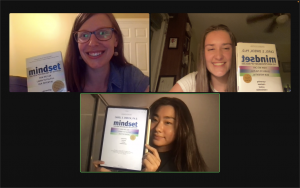
2022 Intro Psych Summer Book Club with Sofia and Yoyo! We read Mindset by psychologist Dr. Carol Dweck.
Health Psychology, Psych B231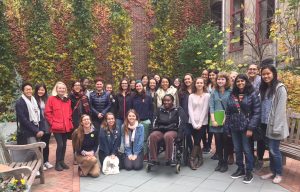
This course will provide an overview of the field of health psychology using lecture, scientific articles, exams, videos, experiential assignments, a museum studies experience, and an article critique presentation. We will examine the current definition of health psychology, as well as the theories and research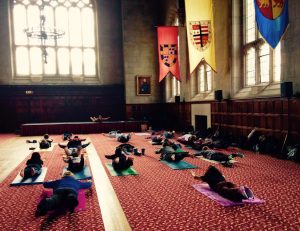 behind many areas in health psychology (both historical and contemporary). The course will focus on specific health and social psychological theories, empirical research, and the application of theory and research to real world situations. The class is oriented primarily toward the social and personality aspects of health psychology.
behind many areas in health psychology (both historical and contemporary). The course will focus on specific health and social psychological theories, empirical research, and the application of theory and research to real world situations. The class is oriented primarily toward the social and personality aspects of health psychology.
Health Behavior and Context, Psych B331
Does media (both traditional and social) influence health behavior? How do morality and stigma influence health in our society? How does discrimination influence physical wellbeing? This seminar will be devoted to a discussion of theory and research in health psychology. We will investigate both historical and contemporary perspectives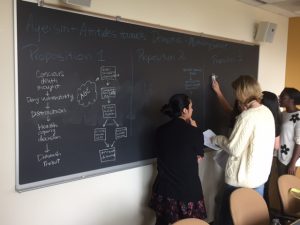 on the psychology of wellness and illness. We will begin with a consideration of how psychosocial forces influence health cognitions, behaviors, and physiological processes. The second half of the course will focus on contextual factors, interventions, and emerging topics in research. We will debate the question of whether/how psychological forces influence health outcomes.
on the psychology of wellness and illness. We will begin with a consideration of how psychosocial forces influence health cognitions, behaviors, and physiological processes. The second half of the course will focus on contextual factors, interventions, and emerging topics in research. We will debate the question of whether/how psychological forces influence health outcomes.
Health Psychology Laboratory, Psych B284, Quarter Class
This laboratory/writing intensive/scientific inquiry quarter course will provide a hands-on experience conducting health psychology research and writing APA-style manuscripts. Students will be exposed to 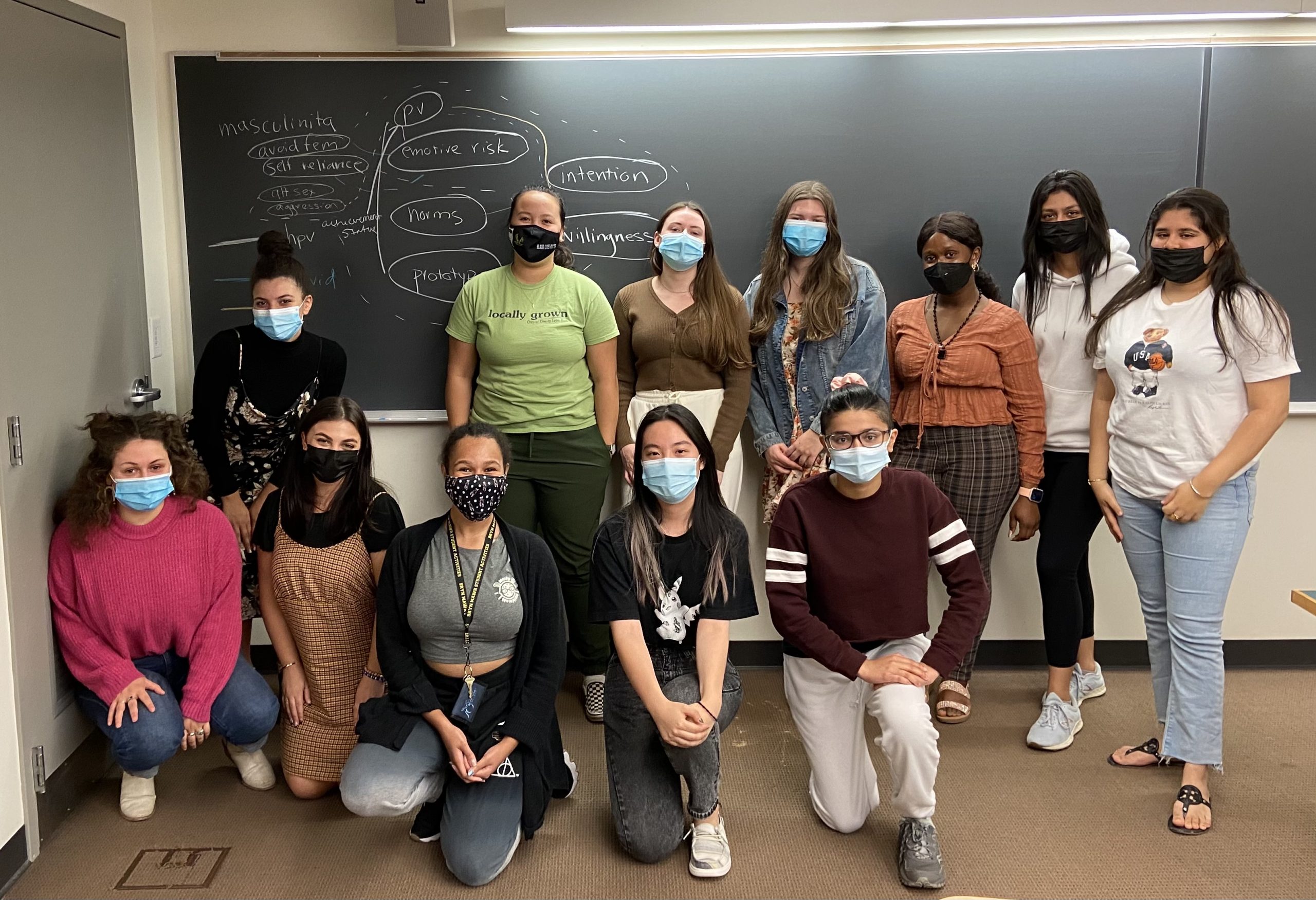 all aspects of the scientific process, including literature reviews, hypothesis-generation, data collection, analysis, writing (drafting and polishing), peer-reviewing, and oral dissemination of scientific findings. Students will be exposed to two forms of data collection in health psychology– survey/self-report methods and psychophysiology methods–and will craft APA-style papers communicating their perspectives on both of these projects. The course will focus on biopsychosocial theory while incorporating perspectives from psychology of gender and social psychology. You will learn and do so much in this course and I am here to help guide you, encourage you, and assist you as you apply and develop your scientific skills.Topics rotate and recent topics have included: cardiovascular reactivity, male hormonal contraception, HPV vaccination decision-making, Seasonal flu vaccination decision-making, and Covid-19 vaccination decision making.
all aspects of the scientific process, including literature reviews, hypothesis-generation, data collection, analysis, writing (drafting and polishing), peer-reviewing, and oral dissemination of scientific findings. Students will be exposed to two forms of data collection in health psychology– survey/self-report methods and psychophysiology methods–and will craft APA-style papers communicating their perspectives on both of these projects. The course will focus on biopsychosocial theory while incorporating perspectives from psychology of gender and social psychology. You will learn and do so much in this course and I am here to help guide you, encourage you, and assist you as you apply and develop your scientific skills.Topics rotate and recent topics have included: cardiovascular reactivity, male hormonal contraception, HPV vaccination decision-making, Seasonal flu vaccination decision-making, and Covid-19 vaccination decision making.
 Students in this course have gone on to share their coursework at conferences and in journal articles. For example, 5 students from the fall 2023 class worked together to adapt their stress physiology in-class research papers to a conference submission. The students’ poster illustrating the impact of acute stress on blood pressure reactivity was accepted at the Eastern Psychological Association Conference.
Students in this course have gone on to share their coursework at conferences and in journal articles. For example, 5 students from the fall 2023 class worked together to adapt their stress physiology in-class research papers to a conference submission. The students’ poster illustrating the impact of acute stress on blood pressure reactivity was accepted at the Eastern Psychological Association Conference.
